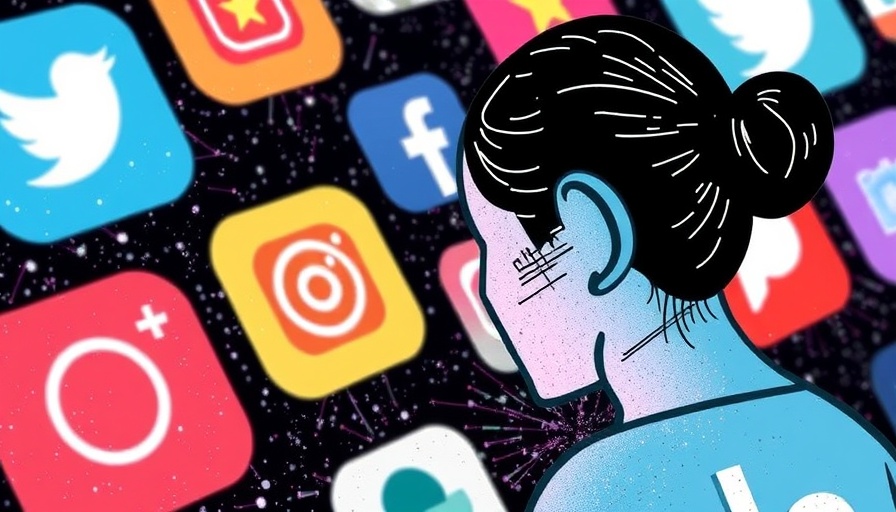
The Dopamine Trap: How Social Media Affects Your Brain
Social media has become an integral part of our lives, serving dual roles as a source of connection and a platform for distraction. But have you ever thought about how scrolling through endless feeds impacts your brain chemistry? Each notification you receive releases dopamine, the 'feel-good' neurotransmitter that reinforces behaviors, making you crave more likes, shares, and comments. This cycle can lead to diminished attention spans, as your brain gets used to quick bursts of gratification rather than sustained focus.
Understanding Dopamine Detoxing: Is It Effective?
To combat the overstimulation caused by social media, many people are turning to "dopamine detoxes." The idea is simple: take a break from activities that give you instant pleasure—social media included—to reset your brain's reward system. While some advocates swear by its benefits, research indicates that the effectiveness of these detoxes varies significantly from person to person. For some, a break from social media may help regain focus, but for others, the withdrawal symptoms can feel overwhelming, sparking a cycle of anxiety and restlessness.
Why Attention Span Matters: The Bigger Picture
In a world filled with distractions, maintaining a healthy attention span isn't just beneficial—it's essential. A well-functioning attention span aids in productivity, relationships, and overall mental wellness. Studies suggest that prolonged exposure to the rapid-fire nature of social media can lead to challenges in concentrating on tasks that require deeper thinking. If you're struggling with attention, it’s worth considering strategies to improve your focus, like mindfulness exercises or structured break times.
Tips for Building a Healthier Relationship with Social Media
Here are a few practical strategies to help you manage your time on social media and bypass the dopamine pitfalls:
- Set Specific Goals: Decide what you want to achieve during your social media time. Whether it's connecting with friends or gathering news, having a deliberate purpose can help curb mindless scrolling.
- Limit Notifications: Silent your phone or set specific times to check messages. This will help reduce distractions and free up mental space to focus on your tasks.
- Engage in Offline Activities: Rediscover hobbies or activities that don't involve screens, such as reading, exercising, or cooking. These can provide fulfilling experiences without the dopamine dependency.
Common Misconceptions About Social Media Use
Many people believe that taking a social media detox requires complete withdrawal, but this isn’t the case. Moderate, intentional use can allow you to maintain connections while protecting your mental clarity. Understanding the balance between use and overuse is critical. Grasping this distinction is empowering, allowing you to enjoy the benefits of social platforms without compromising your mental health.
Looking Ahead: Future Predictions for Digital Wellness
As technology continues to evolve at an exponential pace, so too will our relationship with it. We may see a rise in tools and apps designed specifically to promote mindful usage, making it easier for individuals to manage their digital consumption. This could include features that predict your tendency to experience digital fatigue and provide alerts when it's time to take a break. The future might just provide the tools we need to thrive in a digital world while maintaining our focus.
Cultivating mindfulness and balance in your social media habits can create a positive ripple effect in your life. As we learn more about our brains and how they interact with these digital platforms, we can take thoughtful steps toward better mental health.
 Add Row
Add Row  Add
Add 




 Add Row
Add Row  Add
Add 

Write A Comment